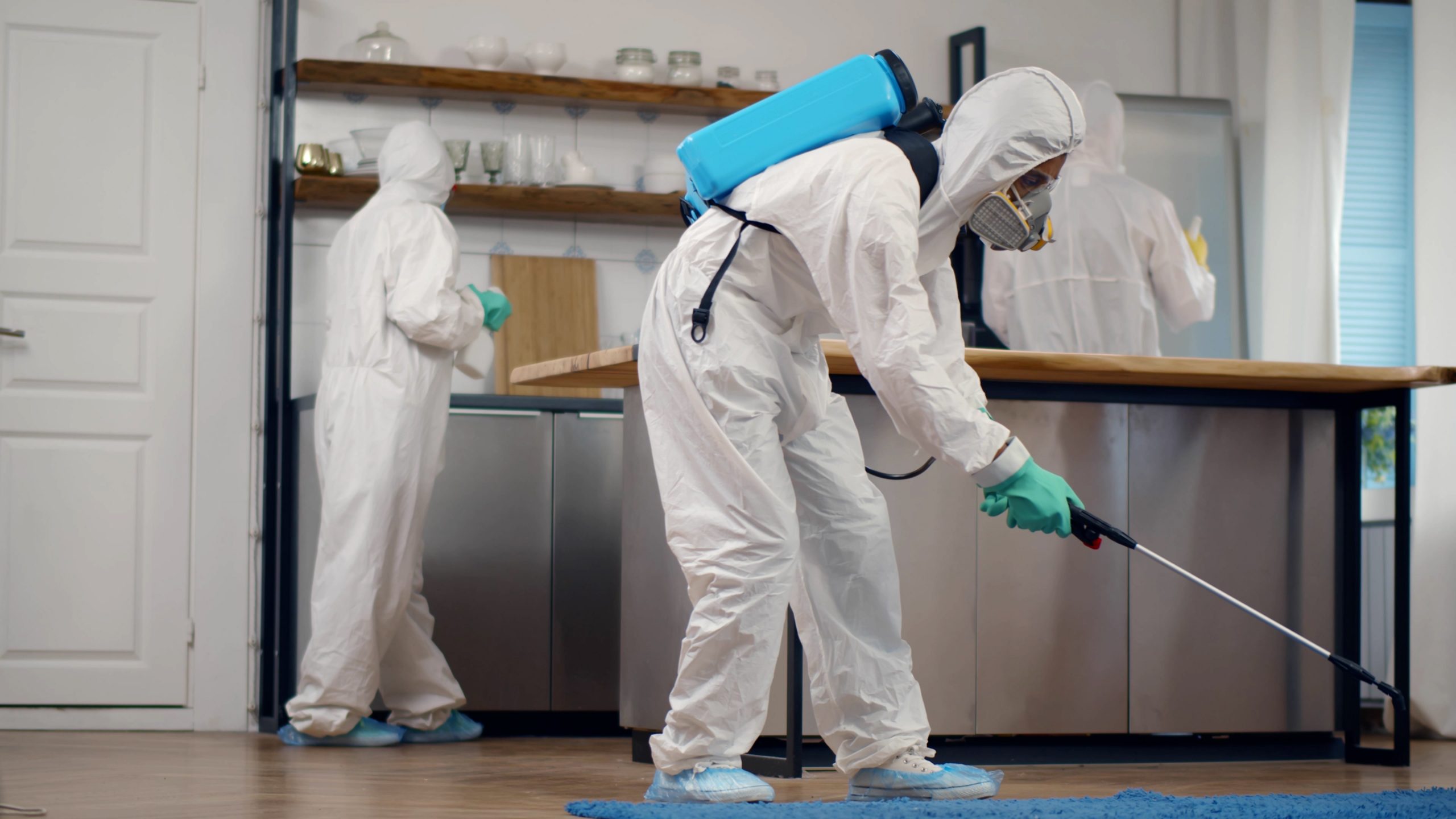Relied On A1 Exterminator Charlotte NC - Comprehensive Pest Solutions
Relied On A1 Exterminator Charlotte NC - Comprehensive Pest Solutions
Blog Article
Bed Pest Treatment Malfunction: Comparing Chemical Vs. Non-Chemical Solutions
In the world of pest control, specifically when taking care of the persistent problem of bed pests, the option in between chemical and non-chemical therapy options can be an essential one. Both strategies supply distinct advantages and drawbacks, influencing elements such as efficiency, safety considerations, and overall price. By analyzing the nuanced details of each approach, a clearer understanding of which course to pursue in attending to a bed pest problem can be attained.
Effectiveness of Chemical Therapies
Chemical treatments for bed insect problems have actually been widely acknowledged for their rapid and potent efficacy in getting rid of these parasites. When thinking about the effectiveness of chemical treatments, it is vital to understand that they can provide a comprehensive and fast remedy to a bed pest trouble. Specialist pest control operators commonly depend on insecticides to target bed pests at various stages of their life process, consisting of eggs, grownups, and nymphs. These chemicals generally work by interfering with the bed pests' anxious system, resulting in paralysis and ultimate death.
Moreover, chemical therapies have the advantage of providing recurring effects, indicating that they can remain to get rid of bed pests even after the initial application. This residual action is especially useful in combating any type of potential re-infestations. In addition, the quick action of chemical therapies can bring relief to individuals facing serious bed bug problems, allowing them to gain back control of their space swiftly.
Safety Issues With Chemical Solutions
One important aspect that requires cautious factor to consider when making use of chemical remedies for bed pest treatment is making sure the safety of occupants and the atmosphere. While chemical treatments can be reliable in eliminating bed bugs, they may present dangers otherwise managed properly. One of the primary safety and security problems with chemical options is the prospective harm they can cause to human health. Exposure to certain chemicals utilized in bed bug therapies can cause breathing concerns, skin inflammation, or various other unfavorable responses, particularly in people with pre-existing problems or sensitivities. In addition, improper application or dose of chemical pesticides can result in toxic residues lingering in the cured area, presenting long-lasting health risks to residents.
Furthermore, the environmental influence of chemical services is an additional substantial factor to consider. Some chemicals made use of in bed bug treatments may be hazardous to advantageous bugs, wild animals, and ecosystems if they seep right into the soil or water systems. It is crucial to make wasp prevention use of chemical treatments judiciously, adhering to safety and security guidelines, and considering less toxic alternatives to alleviate these dangers and make sure the secure and efficient administration of bed pest infestations.
Advantages of Non-Chemical Techniques
Thinking pest control orange county about the possible security issues and environmental effect linked with chemical options for bed pest treatment, exploring non-chemical methods presents an encouraging alternative with several distinctive benefits. Non-chemical treatments are eco pleasant, as they do not contribute to air or water air pollution, making them a sustainable choice for pest control.
Additionally, non-chemical solutions can be effective in targeting bed bugs, consisting of hard-to-reach areas where chemical therapies might not permeate - A1 pest control services charlotte. Approaches such as warm treatment, vacuuming, steam cleansing, and cushion encasements provide comprehensive removal without the use of hazardous chemicals.
Limitations of Non-Chemical Treatments

Additionally, non-chemical therapies usually call for numerous applications to attain successful obliteration. This can be time-consuming and may not always guarantee total elimination of all bed termite companies near me pests and their eggs, especially in covert or hard-to-reach areas.
Moreover, the success of non-chemical therapies heavily counts on proper application and thoroughness, which can be testing for individuals without professional know-how. Poor application of non-chemical methods might cause insufficient obliteration, leading to consistent invasions and the need for added treatments.
Therefore, while non-chemical treatments have their benefits, it is important to recognize these restrictions and consider them when figuring out the most efficient approach for taking care of bed insect problems.
Cost Contrast: Chemical Vs. Non-Chemical Options
Offered the limitations connected with non-chemical therapies, an essential facet to evaluate in the context of bed pest administration is the cost comparison in between chemical and non-chemical options. In contrast, non-chemical treatments like warmth treatment or vapor can be extra pricey, with expenses ranging from $1,000 to $6,000 for an entire home. While the initial cost of chemical therapies may seem lower, multiple treatments may be required to completely get rid of the invasion, possibly boosting the overall expense.
Final Thought

Taking into consideration the potential security concerns and ecological impact associated with chemical services for bed insect therapy, discovering non-chemical methods presents an appealing alternative with numerous distinctive advantages.Offered the limitations connected with non-chemical therapies, an important aspect to evaluate in the context of bed bug monitoring is the price comparison between chemical and non-chemical alternatives. In comparison, non-chemical therapies like warm therapy or vapor can be more expensive, with costs varying from $1,000 to $6,000 for a whole home. While the preliminary cost of chemical treatments may seem reduced, multiple treatments may be needed to totally get rid of the invasion, possibly raising the total cost.In verdict, when contrasting chemical and non-chemical bed pest therapy options, it is important to consider performance, safety, benefits, constraints, and cost.
Report this page